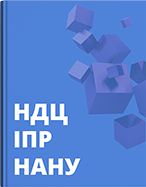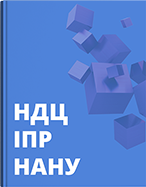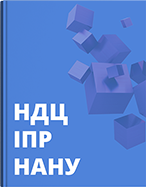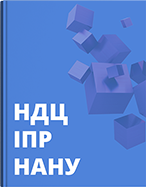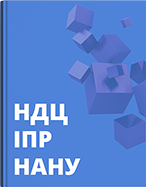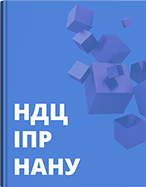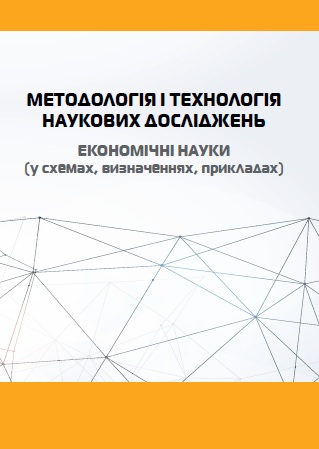#Статті
Wang D., Gryshova I., Kyzym M., Salashenko T., Khaustova V., Shcherbata M. Electricity Price Instability over Time: Time Series Analysis and Forecasting
#Статті
Іванов Ю. Б., Іванова О. Ю., Лаптєв В. І. Методичний підхід до ідентифікації проблем функціонування територіальних громад
#Статті
Хаустова В. Є., Решетняк О. І., Хаустов М. М., Зінченко В. А. Аналіз розвитку ІКТ-сфери в Україні за міжнародними індексами та рейтингами
#Статті
Кизим М. О., Губарєва І. О., Хаустова В. Є., Манойленко О. В. Аналіз контекстуальних і часових закономірностей розвитку поглядів на пріоритети забезпечення обороноздатності країн світу
#Статті
Хаустова В.Є., Решетняк О.І., Хаустов М.М. Перспективні напрямки розвитку IT-сфери в світі
#Статті
Кизим М. О., Бєлікова Н. В., Леванда О. М., Дороніна М. С. Вплив пандемії COVID-19 на регіональні ринки праці України
#Статті
Хаустова В. Є., Решетняк О. І., Хаустов М. М., Зінченко В. А. Напрямки розвитку технологій штучного інтелекту в забезпеченні обороноздатності країни
#Статті
Krasnonosova O., Mykhailenko D., Yaroshenko I. Reproduction of Human Capital as a Strategic Priority for Sustainable Development of Regions
#Монографії
Методологія і технологія наукових досліджень


